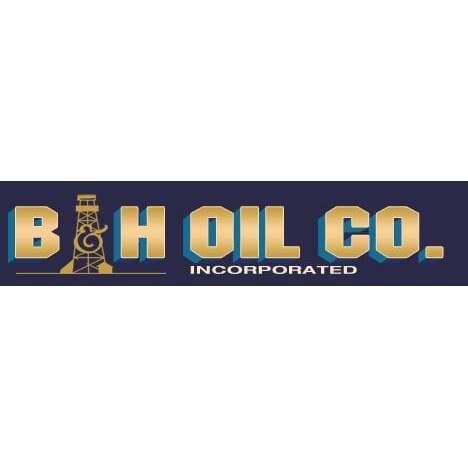Metal working fluids are sometimes called “lubricoolants,” because they both lubricate and cool. They’re vital to metal working processes, because they reduce friction and heat buildup in the cutting zone, flush away chips, and provide corrosion protection for the tool and work piece.
The fuel oil industry grew slowly in the 1800s, but didn’t really take off until the early 20th century. At this time, the emergence of the internal combustion engine created an enormous demand for refined fuel oil that still exists today.
Motor oil is made up of complex hydrocarbons. These originally were petroleum-based, but synthetic organic compounds have allowed hybrid oils to be made using substances such as polyalphaolefins, also called PAO, and polyinternal olefins, or PIO.
For rural areas, using coal is a practical choice. Gas piping and electrical lines may not have penetrated some areas, increasing installation and startup costs. Because coal is delivered directly to you, there are no installation fees.
Trucks are a vital part of business today, both local truck runs and long distance. Rather than have to find a station while on the job, you can keep diesel fuel on site to keep your costs down and fleet fueled.
Do you pay attention to the fluid in your transmission at times other than when it is acting up? Have this vital fluid checked regularly for contamination and break down to keep your vehicle from breaking down.
Not only does our company provide you with low cost petroleum and lubricants, but we have lots of sites available to assist you as well. We provide a variety of locations to service your needs, contact us to learn more!
Did you know that the modern petroleum industry was born in 1859, with kerosene as the chief finished product? This occurred when American oil pioneer E.L. Drake drilled a producing well on Oil Creek in Pennsylvania (now called Titusville).
The latest technologies are helping heating oil systems, and the fuel itself, to constantly evolve for even cleaner, more efficient and environmentally-friendly options. These improvements have helped the average oil heated home cut consumption by 33.6% over the past 30 years.
To minimize contamination once the lubricants are dispensed from their delivery containers, and for best performance, make sure that all tools have been cleaned and that the lubricant is at the proper temperature before using it.
Did you know that modern civilization would stop in a matter of months if the oil stopped flowing? Oil is one of the basic requirements of modern living today.
If your oil burning boiler also supplies hot water, it’s important to make sure you have plenty of fuel oil on hand all year long. It’s also important to have your system checked, cleaned and tuned more often.
When you’re selecting coal for your stove, it’s important to make sure that you get just the right size. If the coal pieces are too large, then it won’t burn well in the stove. If the coal pieces are too small, then they’ll smother the fire and create too much smoke and gas.
If you want to get the best deal on the fuel oil you need to heat your home, then you might want to consider buying during the off season. Chances are, you can get a significantly better price on it because demand will be low.
Base oils from the API Group I are solvent refined (the least expensive process) with saturates below 90 percent, and a viscosity-range from 80 to 120. Their sulfur content is less than three-hundredths, and have a heat range from 32°F to 150°F.
A heating oil delivery service is definitely something you would want to sign up for. After all, the last thing you'd want is to make a run to the gas station at an inconvenient time because your furnace ran out of fuel.
The many beneficial properties of synthetic oil can be attributed to the manufacturing process with which it is refined. Synthetic oil is free of impurities, and this gives it higher viscosity and oxidation stability than other petroleum lubricants, resulting in greater, longer lasting performance.
Be picky about the grease used for lubricating your vehicles moving and contact points. If you put a lot of hard miles on your vehicle, select those products that can stand up to the challenge.
If your oil-based system heats your water as well as your home, you’re in luck. Most homeowners find that oil-fired water heating systems are long lasting, extremely reliable, and produce a nearly endless stream of hot water.
Where was the first oil well drilled in the United States? In Titusville, Pennsylvania. The well was drilled on August 27, 1859 and was 70 feet deep. The drilling was contracted by the Pennsylvania Rock Oil Company of New York.
There are a variety of different payment options available to you, including price cap, fixed price, and pre-buy programs. These help to even out the fluctuation in the price of oil and make it much easier to predict your fuel costs.
In the early 1900s, there were two choices for lubricants: Petroleum-based or mineral-oil-based. With their country running low on petroleum supplies, German scientists developed alternatives to mineral oil in the late 1930s and early 1940s, creating the first synthetic oil.


